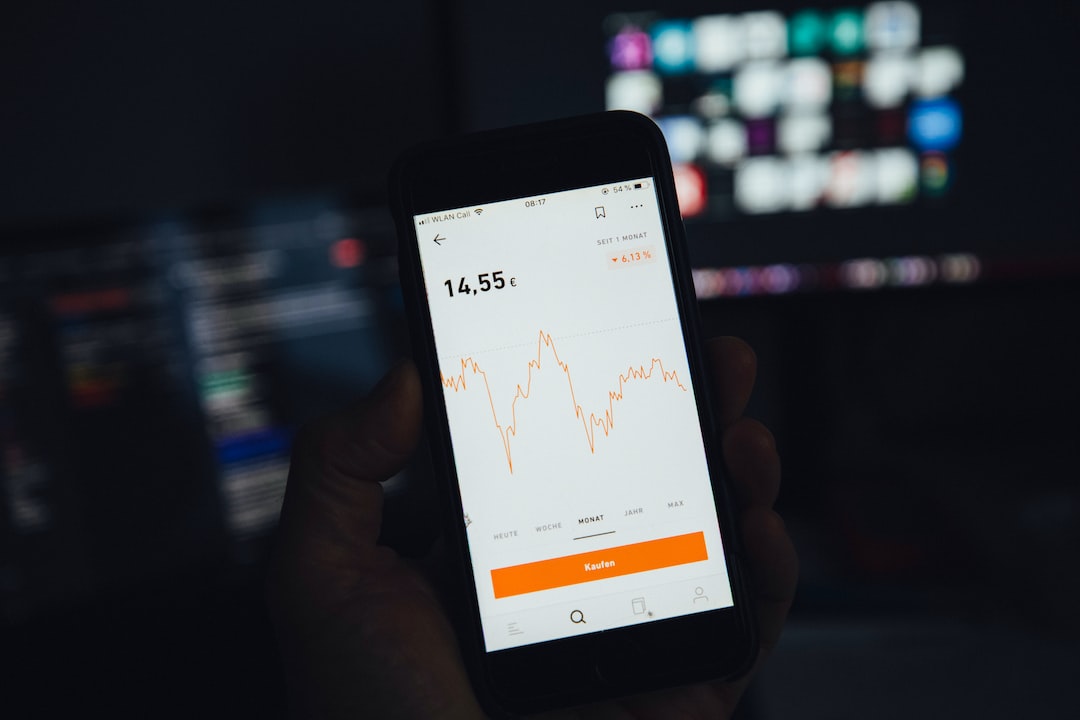Forex trading, also known as foreign exchange trading, is a popular way for individuals to invest and earn money by trading currencies. However, like any other investment, forex trading is subject to taxes. In this article, we will explore how you pay taxes on forex and what you need to know to stay compliant with the law.
Forex trading is considered a capital asset, and the taxes you pay on forex trading depend on how you trade. If you are a casual trader, you will pay taxes on your forex profits as capital gains. On the other hand, if you are a professional trader, you will pay taxes on your forex profits as ordinary income.
Capital Gains Tax
If you are a casual forex trader, you will pay taxes on your forex profits as capital gains tax. Capital gains tax is the tax you pay on the profit you make from selling an asset that has increased in value. The tax rate for capital gains tax varies depending on your tax bracket and the length of time you held the asset.
For forex trading, the tax rate for capital gains tax is the same as the tax rate for stocks and other investments. If you hold your forex trades for less than a year, you will pay short-term capital gains tax, which is the same as your ordinary income tax rate. If you hold your forex trades for more than a year, you will pay long-term capital gains tax, which is typically lower than your ordinary income tax rate.
To calculate your capital gains tax on forex trading, you need to keep accurate records of your trades. You should keep a record of the date you bought and sold the currency, the currency pair, the amount of the trade, and the profit or loss you made on the trade.
Ordinary Income Tax
If you are a professional forex trader, you will pay taxes on your forex profits as ordinary income tax. Professional traders are those who trade forex as a business and have a significant amount of income from forex trading. The IRS considers professional forex trading to be a business, and profits from this business are subject to self-employment tax.
Professional forex traders can deduct their trading expenses from their income, which can lower their tax liability. Trading expenses include the cost of trading software, internet connection fees, and any other expenses related to your forex trading business.
To be considered a professional forex trader, you must meet the IRS’s criteria. You must trade forex as your primary source of income, have a business plan, and have a reasonable expectation of making a profit from your trading activity.
Conclusion
In conclusion, forex trading is subject to taxes, and the taxes you pay on your forex profits depend on how you trade. If you are a casual trader, you will pay taxes on your forex profits as capital gains tax. If you are a professional trader, you will pay taxes on your forex profits as ordinary income tax.
To stay compliant with the law, you must keep accurate records of your forex trades and pay your taxes on time. If you are unsure of how to pay your taxes on forex trading, seek the advice of a tax professional who can guide you through the process and help you minimize your tax liability.





